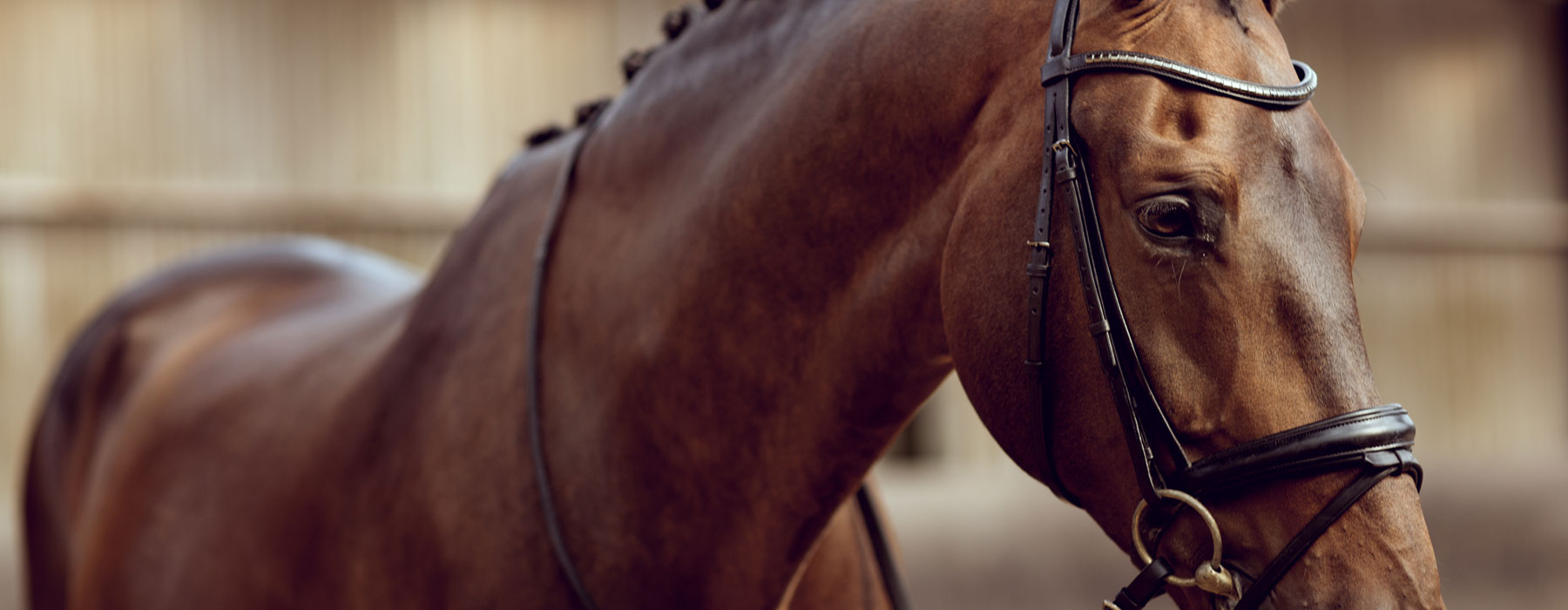Liability in the event of a horse riding accident whilst wearing a ‘caution young horse’ tabard
Are you accepting liability for an accident if you wear a tabard stating ‘caution young horse’?
There appears to be a great deal of confusion surrounding the issue of the tabards which state ‘caution young horse’. In relation to whether or not you are admitting liability in the event of an accident if you wear such a tabard there are a number of factors to consider.
In itself it is not an admission of liability. Whether or not a rider wearing a tabard with ‘caution young horse’ is found liable for an accident will depend on the accident circumstances. Each case will be assessed on the evidence at hand. In order to be liable for an accident there must be negligence on the part of the rider and wearing a tabard with the words ‘caution young horse’ is not in itself grounds for a successful claim in negligence.
Imagine that a horse and rider were proceeding correctly along a country lane and a vehicle suddenly and without warning veered in to their path causing injury. The rider will not be held liable on the basis that they were wearing a tabard stating ‘caution young horse’.
Likewise if a horse and rider were correctly proceeding down a country lane towards a bend and a car, travelling in the same direction, came past too close and too quickly whilst sounding its horn to warn oncoming drivers that it was coming around the bend the rider would not necessarily be held as negligent merely because he/she was warning others that they were riding an inexperienced horse.
In the second example we would argue on behalf of the rider (whether on a young horse or not) that the driver was negligent in that he/she failed to pass wide and slow, failed to wait until it was safe to pass and failed to appreciate that horses are unpredictable (despite the best efforts of the rider) when he/she sounded the horn. It would be argued that the driver was negligent and that as a result of said negligence our client sustained injury.
In such a situation we would go on to argue that the fact that our client was wearing a tabard with the wording ‘caution young horse’ means that the driver should have taken even greater care to not spook the animal. It would be argued that the reasonable driver, especially on seeing the writing on the rider’s tabard, should not have sounded his/her horn. Rather he/she would have waited until the horse had proceeded around the bend before passing wide and slow.
The difficulty and I suspect the confusion surrounding this comes from the fact that in many instances the Defendant may well attempt to use the fact that the rider was on a young horse to his/her own advantage. The Defence could attempt to play on the fact that the rider was on an inexperienced horse. If there are no independent witnesses and the third party driver says that the horse in fact jumped in to the middle of the road despite him/her attempting to pass considerately, striking his/her vehicle the court might be more inclined to believe that an inexperienced horse would be more prone to such behaviour.
If a rider failed to wear a tabard warning drivers that the horse that they were riding was inexperienced and this later came out in the course of proceedings this too could be used against the rider. The argument could be that the rider failed to warn other road users that there was an increased risk of the horse spooking.
Unlike in criminal, law the burden of proof for civil proceedings is that, on the balance of probabilities (i.e more than 50%) your account of the accident circumstances is correct.
In summary each case will turn on its own evidence and wearing a tabard which reads ‘caution young horse’ does not automatically make the rider liable in the event of an accident.
If you are involved in a road traffic accident whilst riding your horse it is vital that you instruct a solicitor who is a specialist in dealing with equine accident claims. The lawyer will need to collate all of the evidence and prepare your case based on the facts. In some instances a collision investigator might need to be instructed to prepare a report to assist with liability. In such instances the accident location will be attended, the damage to horse and rider assessed and speed of the 3rd party calculated etc. Such reports are often used as evidence by HorseSolicitor in cases where the 3rd party’s version of events differs from that of our client’s.






